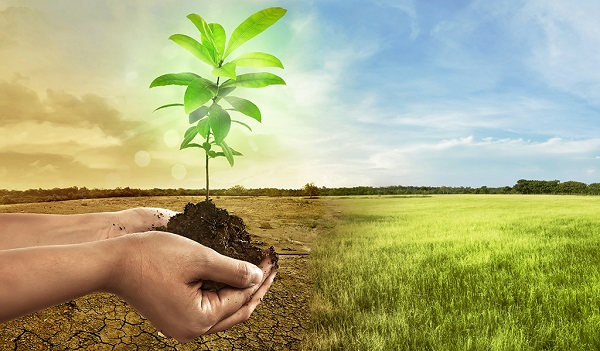
The African Development Bank (AfDB) and the Global Centre on Adaptation (GCA) have committed $50 billion to support African countries to accelerate adaptation and mitigate climate change.
The AfDB vice president, power, energy, climate change and green growth, Dr. Kevin Kariuki, made this known during a virtual, pre-annual meeting press conference on the bank’s upcoming annual meetings themed “Achieving Climate Resilience and a Just Energy Transition for Africa” scheduled for May 23 to 27, 2022, in Accra, Ghana.
According to him, the bank has set aside $25 billion for the next five years between 2020 and 2025 – which is almost double the $13 billion it spent in the past five years on climate change adaptation – while the GCA has committed to mobilise a further $25 billion between the bank and the centre to address adaptation in Africa.
“What we’ve done is that we’ve focused on adaptation and we dedicate at least 50 per cent to climate finance. In fact, last year we dedicated 67 per cent of our entire climate finance budget to adaptation which means we are in total resonance with what Africa needs,” he said.
Kariuki emphasised that the bank is actually championing and leading the efforts on climate change.
“The bank has committed adequate and sufficient resources for purposes of addressing climate change and our principal focus which resonates with the people of Africa is on adaptation,” he added.
Recall that a recent report by the United Nation’s-appointed Intergovernmental Panel on Climate Change (IPCC) pitched the African Development Bank (AfDB) higher than the European Investment Bank and other five large development banks in funding climate change adaption project for 2019.
Conceptualising the funding, the bank group’s secretary-general, Prof. Vincent Nmehielle, explained that the bank is not going to write cheques and give out for this purpose; rather it serves as a catalyst that operates to enable member states/countries achieve their development plans within those areas that have been highlighted.
Nmehielle reiterated that the bank simply provides the platform for member states who are hungry to mitigate effects of climate change to access facilities through loans and grants where applicable.
Earlier in his comments, the bank group’s acting chief economist and vice president, governance and knowledge management, Prof. Kevin Urama, averred that climate change is a game-changer for how development trajectory proceeds globally, stressing that Africa as usual will have significant implications from the ongoing climate transitions.
“That is linked also to the energy transitions that we have put together with it because the economic transition towards Net Zero transition has significant implications for how the energy access in Africa and sustainable energy systems in Africa will evolve. We also know of the challenges that we have in the food price increase because of several factors, the climate change, COVID-19 and, more recently, the crisis in Ukraine.
“That’s why I say because we have a quadruple crisis, climate change deepening on poverty and unemployment then the issues around jobs. All these things are brought together. If we are able to crystalise on all those issues we’ll be able to provide recommendations on the way forward for Africa to address all these crises and be able to emerge stronger and more resilient going forward,” he added.


